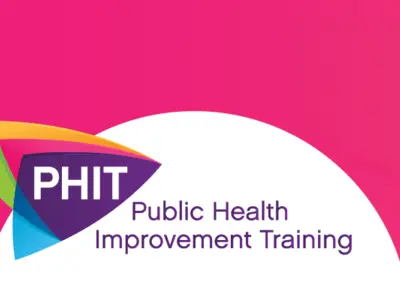Ensuring equitable distribution of costs and benefits of environmental policy and decisions
The benefits of a clean environment and the burdens of pollution are unfortunately not shared equally in society. Racial, ethnic, and economic minority populations are often disproportionately exposed to air and water pollution and climate change impacts. The economic costs of environmental policies, whether from higher consumer prices or their impacts on labor markets, can also disproportionately impact Black, Indigenous, and People of Color (BIPOC), impoverished communities, and women. Though we all have a vested interest in a healthy environment, we do not all enjoy meaningful access to the decision-making processes that determine environmental policies and outcomes.
Addressing these environmental injustices requires an understanding of where, how, and to whom these environmental inequities are occurring. It also requires the development of policies, institutions, and processes that facilitate the meaningful involvement of all impacted populations and communities to ensure equitable treatment. Effectively tracing the physical and economic incidence of environmental pollution and policies requires researchers and policy makers to integrate expertise from physical, environmental, geospatial, and social sciences.
What is Environmental Justice?
Environmental policy and laws have historically had a disproportionately negative impact on the most vulnerable populations. Environmental justice, as defined by the Environmental Protection Agency, is the fair treatment and meaningful involvement of all people regardless of race, color, national origin, or income, with respect to the development, implementation, and enforcement of environmental laws, regulations, and policies. This fair and equitable treatment applies to both protections against environmental hazards and access to a healthy environment.
How Does RTI Support Environmental Justice?
We draw on decades of experience characterizing the diversity of pollution sources to simulate how they respond to environmental policies through monitoring, lab analyses, modeling, and health outcomes. Physical and economic modeling teams support regulatory development and deploy simulation tools that map the responses of emissions sources to spatially refined pollution exposures and demographically explicit economic impacts. Teams of environmental public health specialists apply state-of-science approaches to assess the health and economic burden of pollution exposures for different populations. The spatial and demographic richness of our research helps our clients see the distribution and equity implications of environmental policy impacts clearly.
Learn more about our commitment to understand, quantify, communicate, and address key issues of environmental justice – improving the human condition through a cleaner, more just society.
Community Engagement
Populations in marginalized communities are often disproportionately impacted by extreme weather events and shifting climate patterns. Community engagement involves direct communication with these populations to listen to their concerns, assess direct and indirect environmental hazards, and engage them in the decision-making that drives meaningful response.
RTI’s Transformative Research Unit for Equity (TRUE) is turning practice into impact through transformative research that leverages power, influence, and resources to advance equity. TRUE has many resources that advance community engagement, including its Equity Framework.
Learn more

Training & Technical Assistance
Training & Technical Assistance (TTA) provides practical and specialized knowledge to populations in need. The impact of evidence-based research cannot be felt unless solutions are translated successfully to real-world settings. Tailored support and guidance are critical to meet the needs of those implementing strategies and programs and the populations and communities they serve.
RTI has a long history of providing TTA to support federal, state, and local governments; tribal jurisdictions; and community-based organizations. We assist in planning, developing, and delivering technical assistance and capacity building programs designed to achieve specific objectives, resolve challenging problems, or implement innovative and research-supported approaches.

Exposure Assessment, Mitigation, and Remediation
Exposure to harmful contaminants is a significant public health concern, and one that requires effective mitigation efforts to support healthy communities. Harmful contaminants can include air pollution and environmental exposures like ambient air, stationary source emissions, indoor air quality, air pollution and personal exposure to particles, biologics, chemicals, light, and other environmental factors.
RTI’s experts conduct research on the health effects of harmful contaminants on populations and develop novel technologies and solutions to address their impact.

Climate Justice
Climate justice is a multidisciplinary approach to study the social, biological, and physical impact of climate change on the economic, spatial, and environmental aspects of life for disproportionally affected populations. It includes the creation of policies to improve the equitable distribution of costs and benefits across populations that result from changing climate patterns and the initiatives to respond to climate change.
RTI provides expertise in research, technology development, and implementation to tackle the full spectrum of climate challenges in pursuit of a more sustainable and equitable future. Our Center for Climate Solutions provides a wide range of solutions and services to drive real change in industries and sectors impacted by climate change, with climate justice at the core of its work.
























